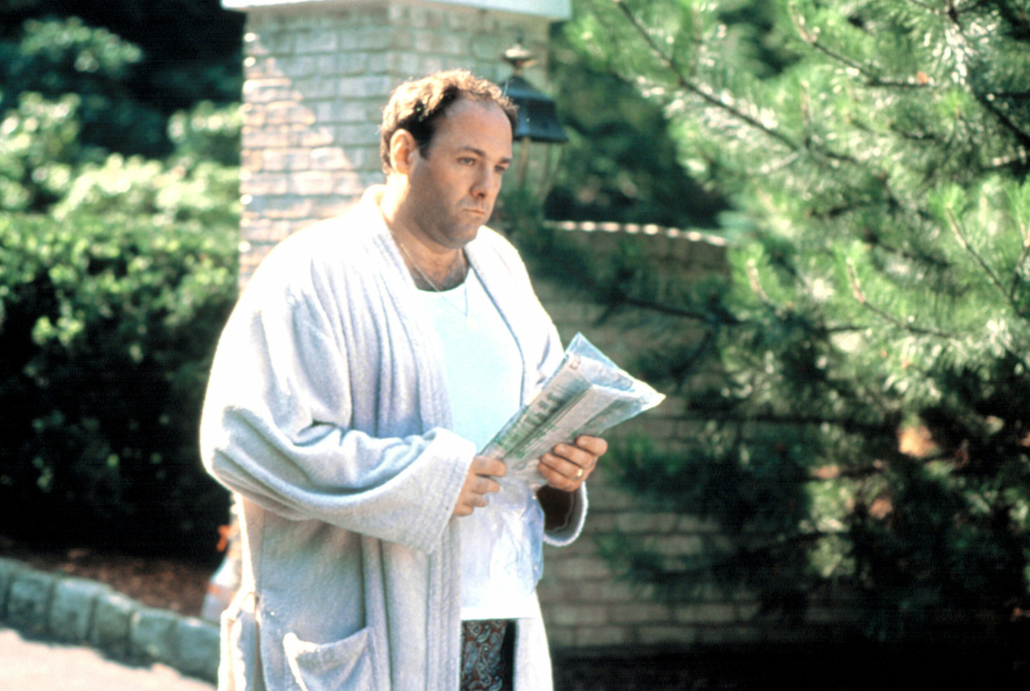Some of us have spent the last 12 months at home, wearing black yoga pants. I go to my office each day and seeing nearly no one, I dress in business casual. I wore a suit once last year to attend a funeral. So I’ve been wondering, in a post-covid world, will we dress “well” again?
Our clothing choices reflect a variety of practical considerations. How will we spend our time? What’s the weather like? I would suggest that our clothing choices are also a statement about our values; among them respect for the dignity of each person.
In Torah, Parshat Tetzaveh, we read a detailed explanation of the priestly wardrobe. God instructs Moses,
וְעָשִׂ֥יתָ בִגְדֵי־קֹ֖דֶשׁ לְאַהֲרֹ֣ן אָחִ֑יךָ לְכָב֖וֹד וּלְתִפְאָֽרֶת׃
“make sacral vestments for your brother Aaron, for dignity and adornment.” The adornment may be a bit baroque, but the intention is important. How should we dress given our roles? Aaron is a representative of the people. Aaron is a religious leader. Aaron is the High Priest offering sacrifice. His garments reflect his vocation and his spiritual aspirations.
What will we wear when returning to work in the office or attending services in our places of worship? Many will hesitate to set aside their stretch fabrics. But Torah asks us to consider dressing for dignity, not just for comfort.
It is natural that those generally staying at home want 24/7 personal comfort. Sweatsuits are certainly more comfortable than wool business suits. Athletic wear in community settings is a statement that my personal preference is of paramount importance. I would suggest that there is a reason to shift back to button-down shirts and tailored pants.
Can a society or a religious group agree that certain clothes express healthy pride, decorum, propriety, and even a pursuit of excellence? Such a suggestion will fall upon deaf ears of those who prioritize their desire for comfort. They will reject the need to conform to “outdated” societal norms for attire. They will argue we should not judge a gift by the wrapping.
We should make room for the fact that clothing norms will change over time. One need not wear a necktie or oxfords to perform well at their workplace. And some can get stuck in a false clothing narrative. For example, the Hasidic garb of fur hats and long black coats was the dress of nobility in the Austro-Hungarian Empire of the 18th century.
My concern is how clothing choices reflect how we understand our role in society and how we value humanity. People are created in the image of God and our clothing can reflect that essential truth. While comfort may be important, is that how do we dignify one of God’s creations? Especially after a year of mounting covid deaths, our clothing should reflect a reverence for life.
I think God and Aaron had it right. I’ll advocate for wearing dignified clothing in a post-covid world.
Rabbi Evan J. Krame





